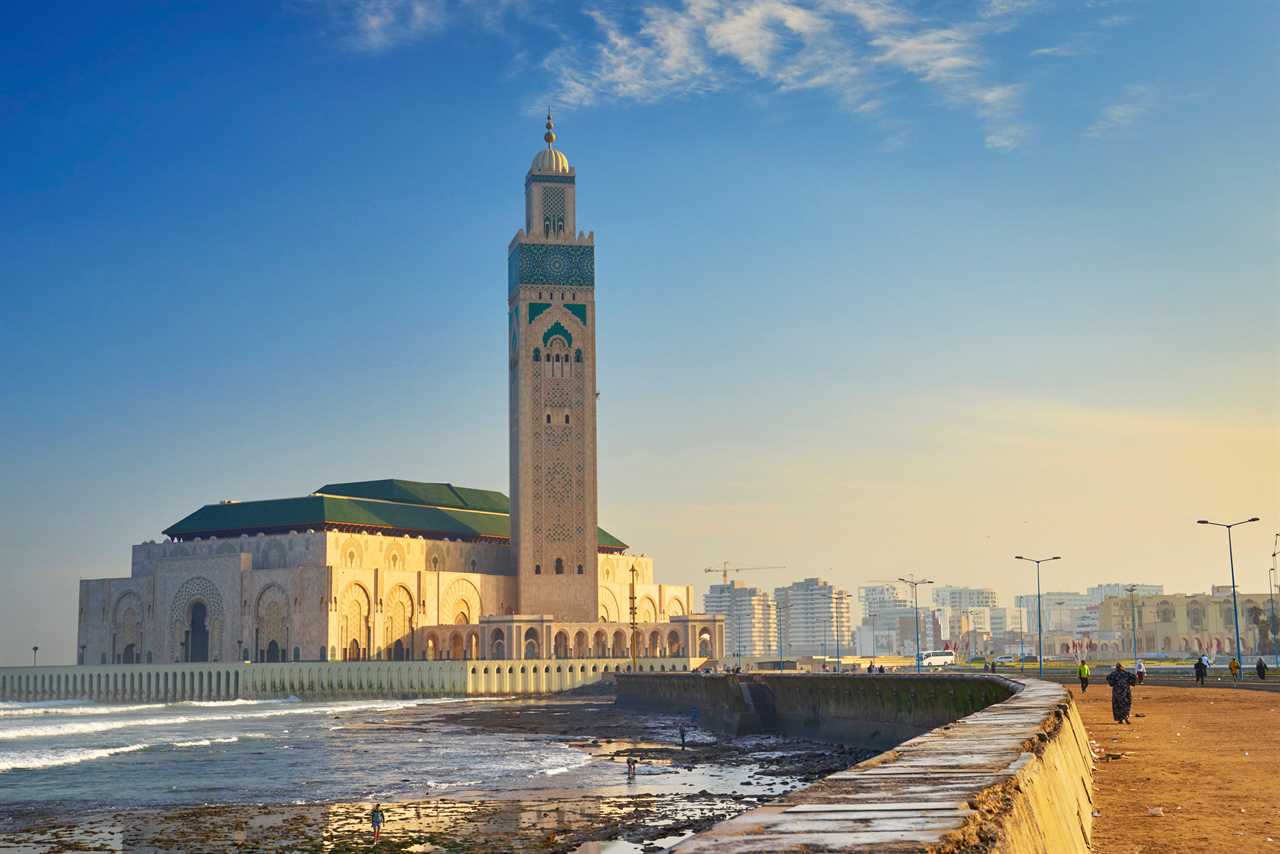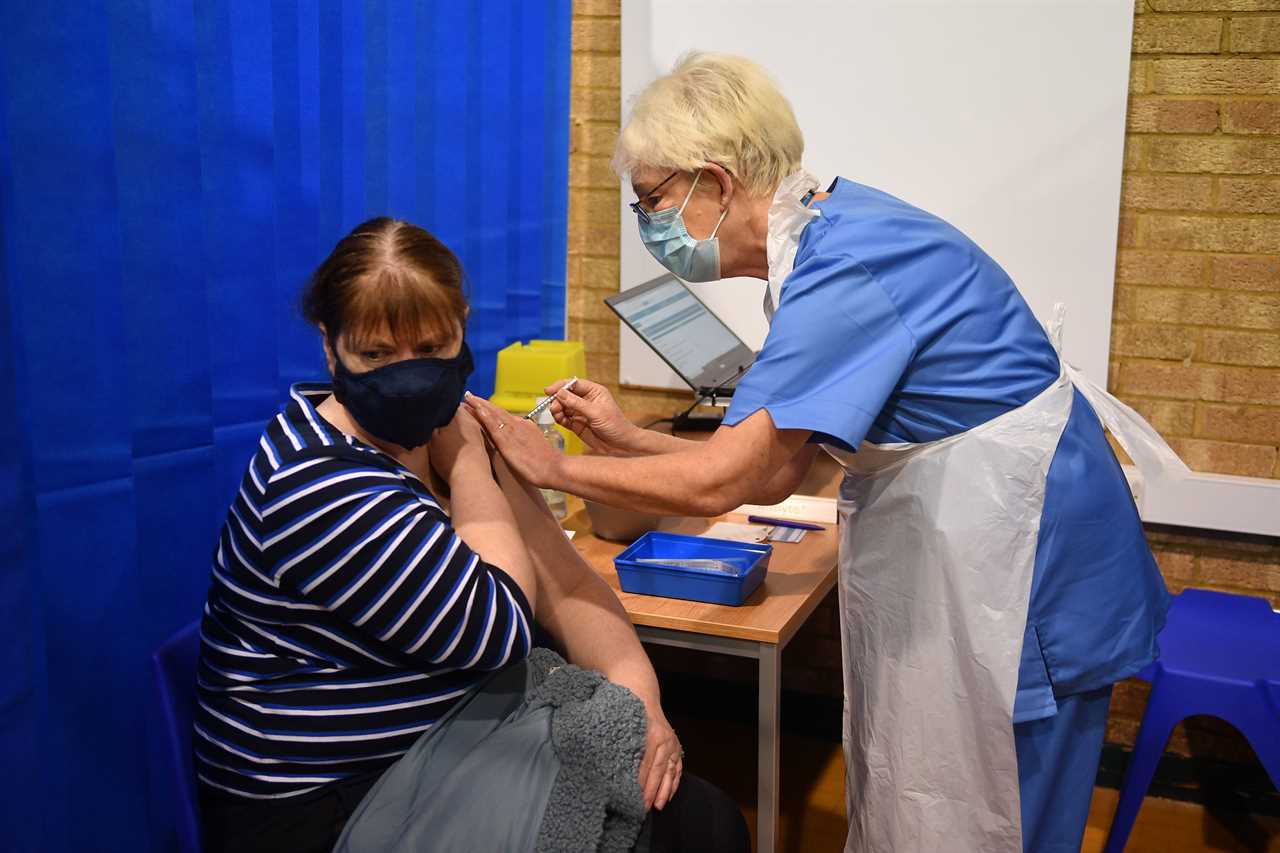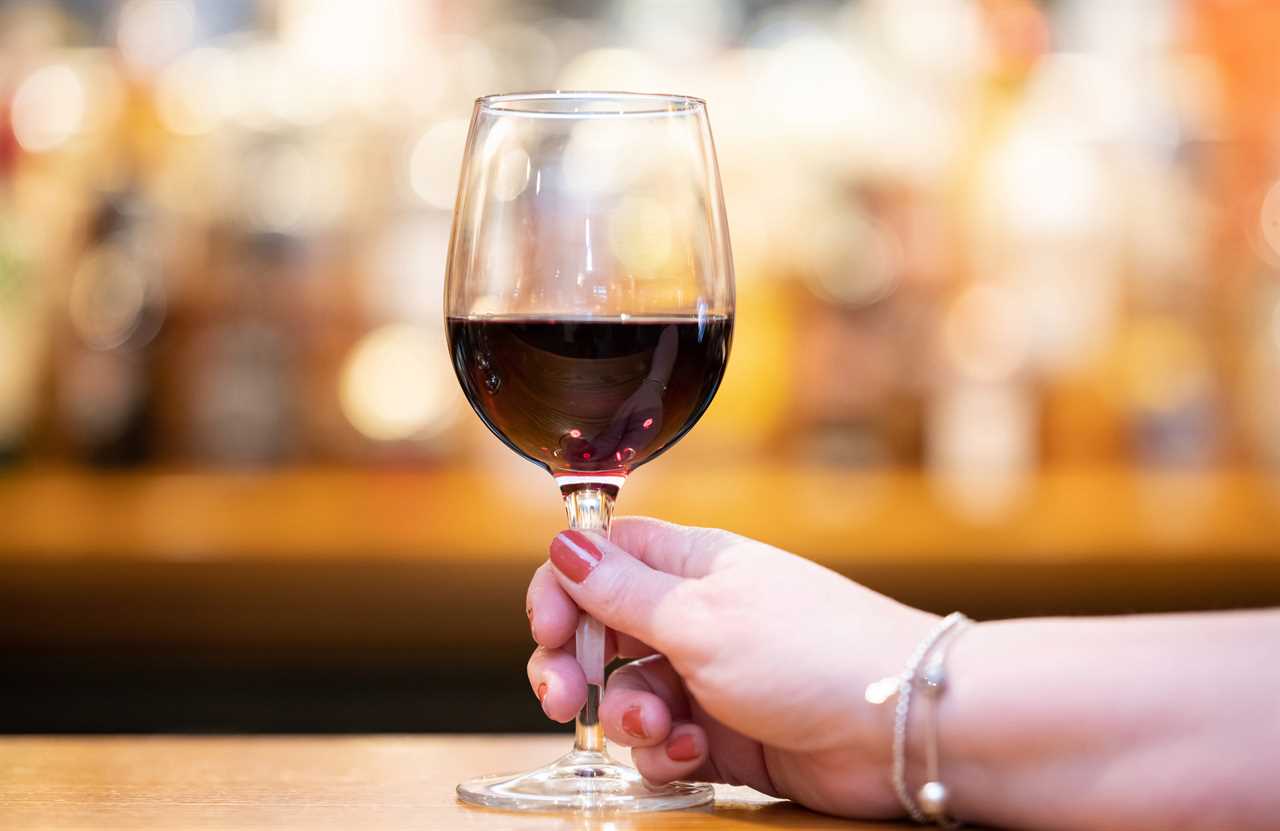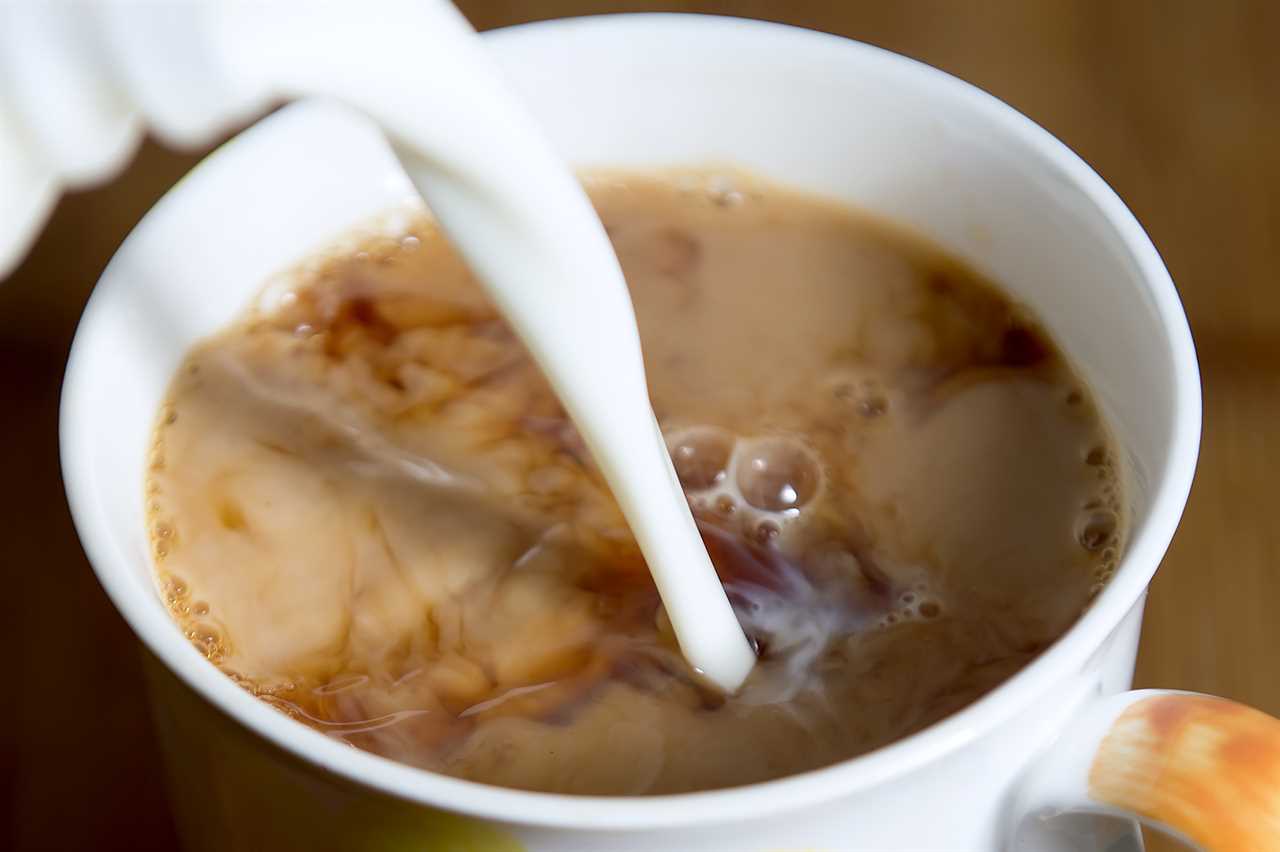CAN you drink alcohol after having the Covid vaccine? It’s the question on many youngsters lips.
The jab programme is open to all UK adults, with everyone able to encouraged to get their vaccine.


Naturally, as people mark their milestone moment, they might want to raise a glass and toast to their first jab.
And as Brits can now mingle more freely, the opportunity to have a drink is more frequent.
But after having some medication or treatments it is advised not to have any alcohol.
So, we look at whether alcohol can have an impact on how effective the vaccine is…
Can I drink alcohol after having the Covid vaccine?
Experts say alcohol will make little difference to your health either before or after having the vaccine.
Some alcohol charities though are saying people should leave it two weeks after having the vaccine before having a drink.
Prof Fiona Sim, of the University of Bedfordshire and chair of the independent medical advisory panel for alcohol charity Drinkaware, said: “We advise that you don’t drink any alcohol… at least two weeks after you’ve been vaccinated, to try to ensure your immune system is at its best to respond to the vaccine and protect you.”

Russian microbiologist Alexander Gintsburg, head of the Moscow-based Gamaleya National Centre of Epidemiology and Microbiology, said people should refrain from alcohol after each injection.
He told New Scientist: “We strongly recommend refraining from alcohol for three days after each injection.”
Mr Gintsburg’s organisation crafted the Russian Sputnik V vaccine, but his advice applies across the board.
Can I drink alcohol before getting the Covid vaccine?
According to Prof Sim people should avoid alcohol “at least” two days before getting the vaccine.
Paul Klenerman at the University of Oxford said there was no evidence to support going teetotal before your jab, but there was no harm in being cautious.
He said: “There’s no doubt that chronic excess alcohol has a significant impact on many aspects of immunity.
“What isn’t clear is whether just a small amount would have any significant effect in [real-life settings].
“So it is plausible and you could simply be very cautious and say avoid it. Different countries might end up giving different guidance.”

How does alcohol affect the immune system?
Research around the effect alcohol has on the human body’s response to the Covid-19 vaccination is still being collected and assessed.
Generally, the effects are more noticeable in those who drink excessively.
There is some evidence to suggest that drinking alcohol, especially heavy drinking, can reduce your body’s ability to build immunity in response to a virus.
Dr Gintsburg claimed: “It is important to understand that excessive alcohol consumption can significantly reduce immunity and therefore reduce the effectiveness of vaccination or even make it meaningless.”
He claimed that heavy alcohol “supresses antibodies”, which are the proteins in blood that help attack the virus.
“Moreover, this is true not only for Sputnik V, but also for any other vaccine.”
It’s well known that alcohol in large quantities can make the immune system weaker, because alcoholics are more likely to catch infections.
Dr Sim said: “If you are a regular heavy drinker, the risks to you of becoming seriously ill if you do contract Covid-19 are particularly high, so please do keep your appointment for vaccination if you are offered one.
“Chronic heavy drinking reduces immune protection, and specifically for respiratory infections, which includes Covid-19.”
She added: “And if you do contract Covid-19, please do not drink any alcohol until you have recovered fully, to protect your immune system to allow it to fight the virus, as well as minimising the risk of serious liver disease in the longer term.”
The AstraZeneca vaccine contains a “very small” amount of alcohol in its ingredient list, not enough to cause any “noticeable effects”, according to Government guidance.






